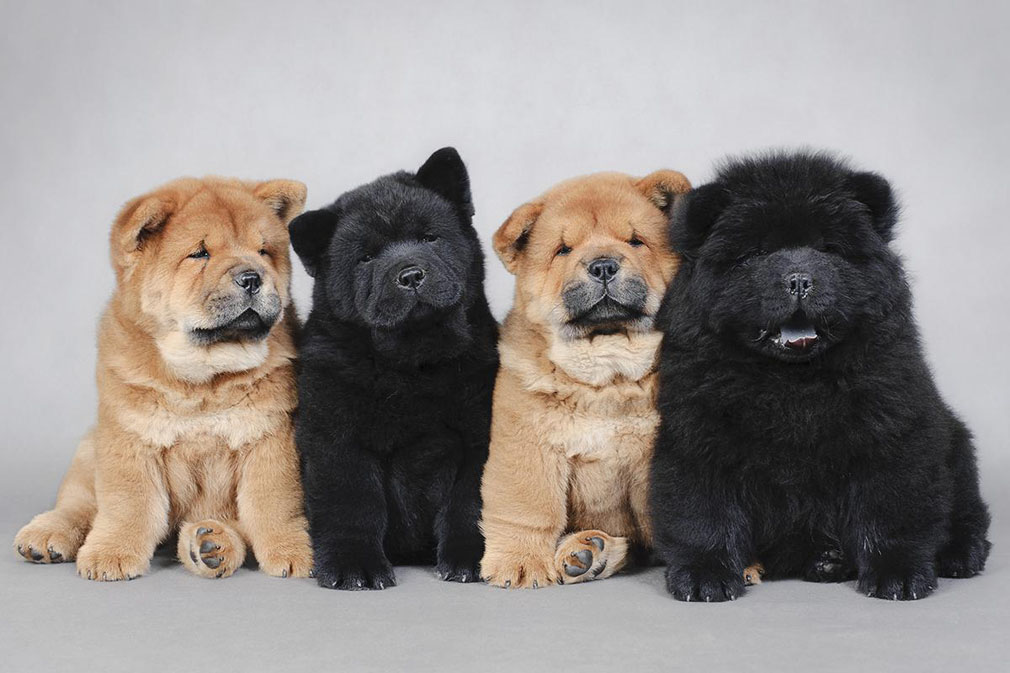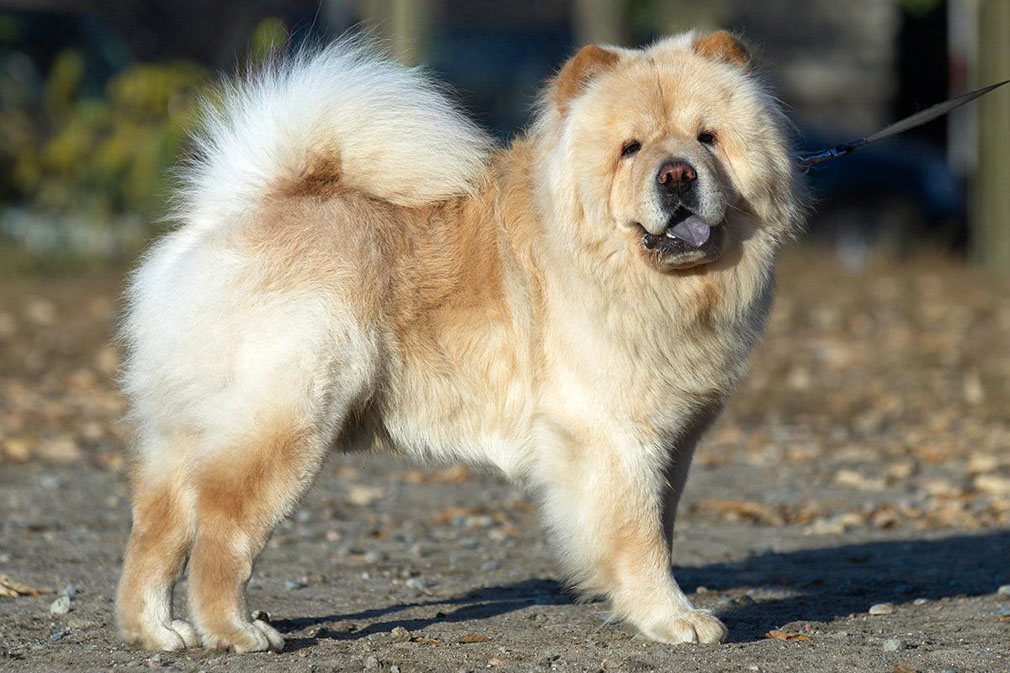Chow Chow


 Puppy
Puppy
 Fully Grown
Fully Grown
The Chow Chow's cuddly looks matched with their docile behaviour may make them look like the perfect family dog, but they are not recommended for first-time dog owners. They require strict rules, lots of exercise and can be a bit touchy with other dogs.
Chow Chows have a huge desire for freedom and will push boundaries on a daily basis. This breed is very willful, self-determined and therefore not easy to train. Chow Chows behave like cats in that they prefer to keep some self-autonomy. Despite their looks, they actually don't enjoy snuggling.
Chow Chows like to bond with one person and are the ideal breed for a single-person household. They can be protective and are quite alert. They are wary of strangers and prefer to be left alone when guests come over.
These dogs need a good dose of daily exercise, but don't cope well with heat due to their very thick fluffy coat.
| Weight: | 25-32 kg |
| Health risk: | High |
| Life expectancy: | 9-12 years |
| Coat: | Long |
| Grooming intensity: | High |
| Monthly cost (food): | Above average |
| Trainability: | Low |
| Activity level: | High |